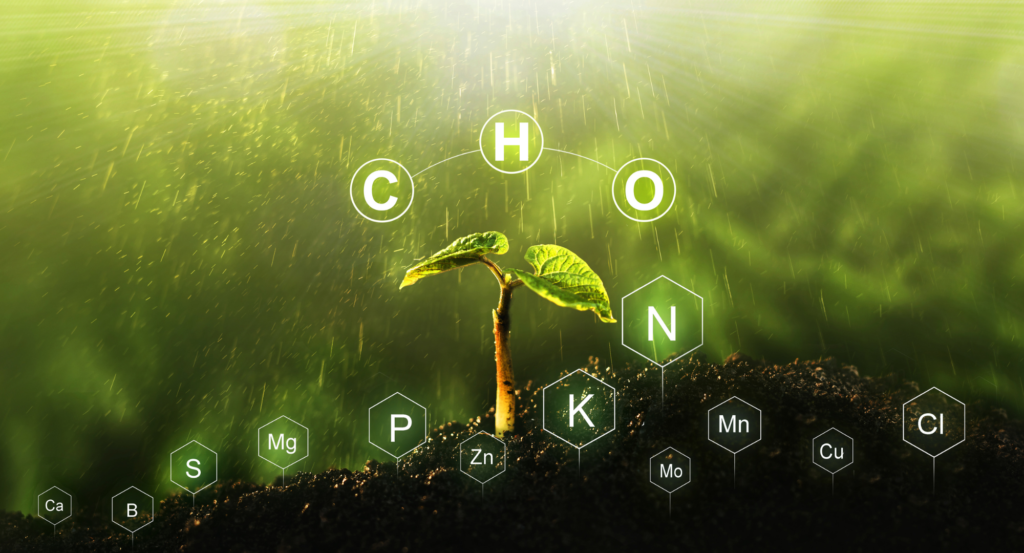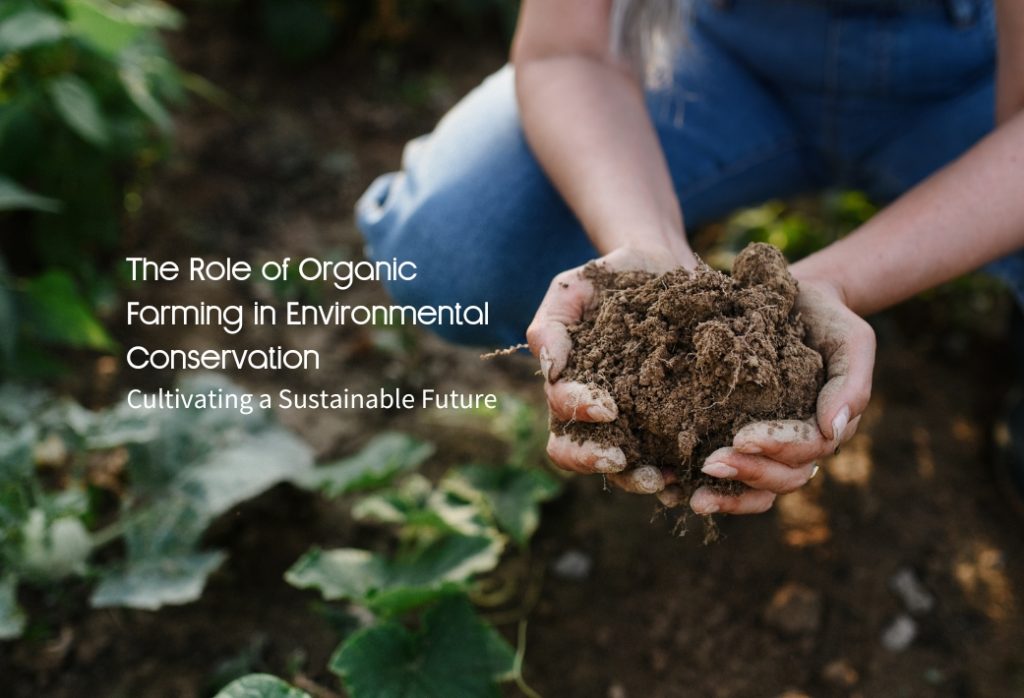The role of technology in agriculture is revolutionizing the industry, enhancing productivity, and promoting sustainability. At Ecowood Habitats, we are at the forefront of this transformation, blending cutting-edge innovation with sustainable practices to create a thriving agricultural environment.

The Role of Technology in Modern Agriculture
1. Precision Farming
Precision farming uses technology to ensure crops and soil receive exactly what they need for optimal health and productivity. Tools such as GPS, drones, and sensors collect data that helps farmers make informed decisions, reducing waste and increasing yields.
2. Smart Irrigation Systems
Water management is crucial in agriculture. Smart irrigation systems use sensors to monitor soil moisture levels and weather conditions, automating the irrigation process to conserve water and ensure crops receive the right amount at the right time.
3. Drones and Satellite Imagery
Drones and satellites provide real-time imagery and data that help monitor crop health, soil conditions, and pest infestations. This technology allows for timely interventions and efficient resource management.
4. Artificial Intelligence and Machine Learning
AI and machine learning analyze vast amounts of agricultural data to predict trends, optimize planting schedules, and manage supply chains. These technologies enhance decision-making and operational efficiency.
5. Robotics and Automation
Robotics and automation streamline labor-intensive tasks such as planting, harvesting, and packaging. Automated systems improve productivity and reduce labor costs, making farming operations more scalable.
6. Biotechnology and Genomics
Advances in biotechnology and genomics lead to the development of high-yield, pest-resistant, and climate-resilient crop varieties. These innovations help farmers overcome challenges posed by changing environmental conditions.
7. Internet of Things (IoT)
IoT devices connect various farming equipment and systems, providing real-time data and remote monitoring capabilities. This interconnectedness enhances operational control and efficiency.
Ecowood Habitats: Embracing Technological Advancements
At Ecowood Habitats, we are committed to integrating cutting-edge technology into our agricultural practices. Our managed farmland near the Gollapalli Reservoir benefit from these technological advancements, ensuring sustainable and profitable farming.
1. Precision Agriculture
We utilize precision farming techniques to optimize resource use and increase crop yields. By leveraging GPS and sensor data, we provide our farmers with actionable insights to improve productivity.
2. Smart Irrigation
Our smart irrigation systems ensure efficient water use, conserving this precious resource while maximizing crop health. Soil moisture sensors and weather data guide irrigation schedules, reducing water waste.
3. Drones Surveillance
Drones monitor our farmlands, providing aerial imagery and data on crop health and soil conditions. This technology allows us to detect issues early and implement timely interventions.
4. AI-Driven Decision Making
We harness AI and machine learning to analyze agricultural data, predict trends, and optimize farming practices. This data-driven approach enhances our operational efficiency and decision-making processes.
Benefits of Technology in Agriculture
1. Increased Efficiency
Technology enhances the efficiency of farming operations by automating tasks, optimizing resource use, and providing real-time data for informed decision-making.
2. Sustainability
Advanced technologies promote sustainable farming practices by reducing resource waste, minimizing environmental impact, and enabling precise application of inputs.
3. Improved Productivity
Innovations such as precision farming and biotechnology lead to higher crop yields and better-quality produce, ensuring food security and profitability.
4. Cost Savings
Automation and smart systems reduce labor and input costs, making farming operations more economically viable.
5. Enhanced Decision-Making
Data-driven insights from AI and IoT devices empower farmers to make better decisions, improving crop management and overall farm performance.
Challenges and Future Prospects
While the integration of technology in agriculture offers numerous benefits, it also presents challenges. High initial costs, technical expertise requirements, and data privacy concerns are some of the obstacles farmers face. However, ongoing research and development, along with supportive policies and education, can address these challenges.
The future of agriculture lies in the continued advancement and adoption of technology. Innovations such as vertical farming, hydroponics, and blockchain for supply chain transparency are poised to further revolutionize the industry.
Conclusion
The role of technology in agriculture is transformative, driving efficiency, sustainability, and profitability. At Ecowood Habitats, we are at the forefront of this revolution, leveraging cutting-edge technologies to enhance our farming practices and deliver exceptional value to our stakeholders. As we embrace these advancements, we remain committed to sustainable and innovative agricultural practices that benefit both our community and the environment.
The role of technology in agriculture is not just changing agriculture; it is reshaping the future of food production. By integrating these advancements, farmers can meet the growing demands of a changing world, ensuring food security and environmental sustainability for generations to come.



